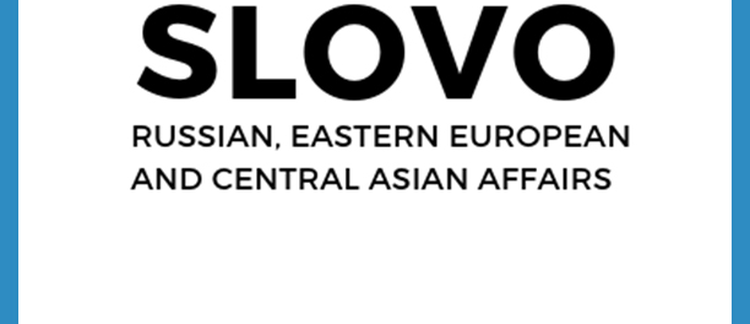Abstract
Download this article from UCL Discovery.
Conflicts between regional executive leaders and the executive heads of regional capital cities were a frequent occurrence in El’tsin’s Russia, and were consequences of the rapid decentralization of power that occurred in the first half of the 1990s. This article focuses on the political competition that emerged in Sverdlovsk Oblast between the regional governor Eduard Rossel’ and his counterpart at the local level, Ekaterinburg Mayor Arkadii Chernetskii. It evaluates the key network relationships held by these two actors during the 1990s, and asks how these networks influenced the balance of regional power prior to the federal recentralisation processes of the 2000s. The article applies the strategy of boundary control, as previously applied by Edward Gibson to the study of subnational regional regimes in Latin America under conditions of national democratization;1 in so doing, it considers Rossel’’s hold over regional power as being determined by his approach to representing regional elite interests, both political and economic, which thereby insulated his power from challengers.
How to Cite:
Carter, T., (2016) “Regional-Local Executive Branch Conflict in El’tsin’s Russia: the role of boundary control in Sverdlovsk Oblast”, Slovo 28(1), 2-20. doi: https://doi.org/10.14324/111.2057-2212.034
Downloads:
Download PDF
View PDF
454 Views
95 Downloads

